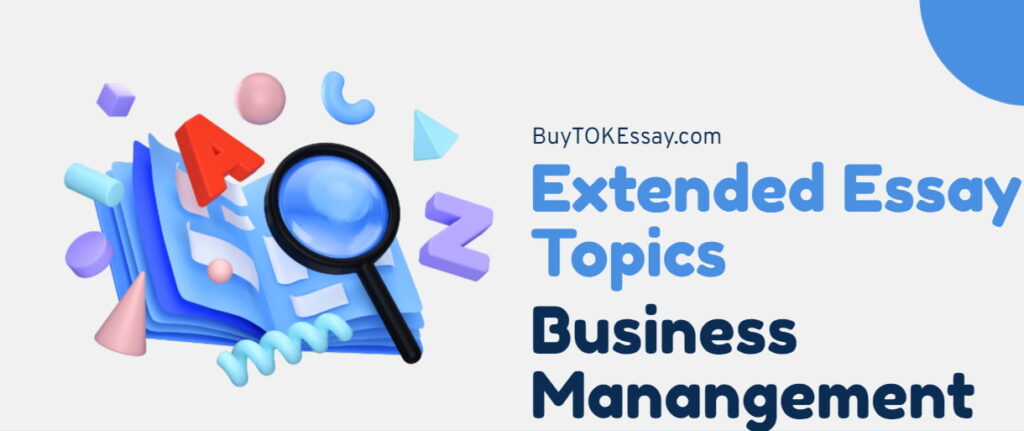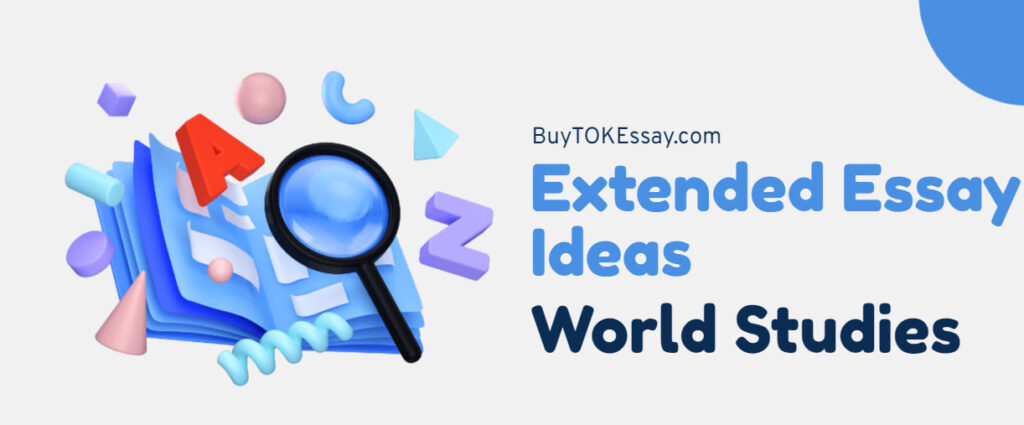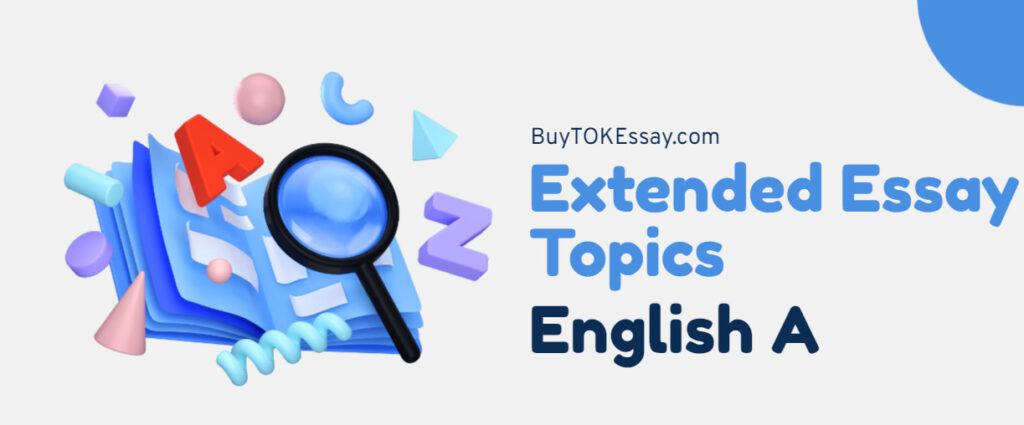Writing a conclusion for an IB extended essay can be like running the last lap of a marathon: it can be both tiring and thrilling. I know what you’re going through because I was there. This part of the essay is more important than students think. An excellent conclusion shows that you know what you’re talking about, can think critically, and clearly explain your results. As I’ve helped many students with their essays, I’ve noticed one thing: a reasonable conclusion makes the whole thing better.
You’ve come to the right place if you want to learn how to write IB extended essay conclusion parts that get good grades. Let’s go over it!
What Is the Conclusion in IB Extended Essay?
In the conclusion of your IB extended essay, you should wrap up your research in a way that supports the main point, draws attention to significant results, and makes a substantial final impact. As an IB writer, I know that the conclusion is a part that shows how well you can put together different pieces of information and think about what they all mean in a bigger picture.
“What do the results of my research mean to the research question and thesis I proposed?” is the fundamental issue that the conclusion attempts to address. It’s where you tie everything together and demonstrate that your essay has achieved its goal. The conclusion illustrates the results and importance of your work, in contrast to the EE introduction, which establishes the scene and describes your methodology.
These are some general IB guidelines for what an effective extended essay conclusion should do:
- Instead of repeating the research question and thesis, restate them in a new way.
- Brings together the main ideas and findings from the essay’s body.
- Think about what your research means—what it adds to the field, what problems it encountered, and what questions it might raise in the future.
- Has a clear, powerful ending statement.
I’ve seen students make the mistake of being either too general or too specific. A reasonable conclusion strikes a balance between being short and in-depth. When done right, it gives IB examiners a sense of completion and makes it clear what your essay added. That is, the conclusion is the last thing you say, so make it good.
What Is the Word Count for the Extended Essay Conclusion?
Any part of the extended essay isn’t set in stone. The conclusion, however, usually makes up about 5% to 10% of your total word count, according to general IB standards and from my experience. The IB extended essay can be up to 4,000 words long, so your conclusion should be around 200 to 400 words at most.
This length of a conclusion gives you enough room to recap the key points, think about what you found, and end with a strong statement. But keep things short and to the point—this is not the place to go into too much depth. A brief conclusion helps your case stick with the reader and makes a lasting impression.

The framework should be the same as for introduction writing, but keep in mind that the conclusion doesn’t have to be the same length. The introduction explains what the essay is about and how it will be written. The conclusion brings everything together.
When it comes to writing conclusions, I think that students who aim for 250 to 350 words usually get it right. It’s just the right length to cover the most critical points without getting too wordy. Remember that quality always beats quantity.
How Do I Write a Conclusion for My Extended Essay?
Following specific steps might make writing the conclusion much simpler. Below is the strategy that I have taught my students when they asked me how to write an extended essay conclusion.
1. Research Question and Thesis
Remind the reader of your initial research question and thesis at the outset. This does not suggest, however, that you should just replicate it verbatim. Rephrase it to highlight its significance instead. This way, you can demonstrate that your essay has stayed coherent, focused, and considerate.
Also, take some time to think about how the research question affected the argument in your essay and how the thesis changed as you did your research. This rephrasing helps the reader remember and illustrates how your ideas evolve throughout the essay.
2. Main Arguments and Evidence
Next, you must quickly go over your main points of argument and supporting data. To make the links between ideas go easily, use words like “overall,” “as shown,” “in summary,” or “clearly.” It’s not enough to just list facts in this part; you should also show how your research supports your thesis by linking the facts. As far as I know, the best summaries are short but thorough, getting to the heart of the essay’s argument.
Here is a short list to help you write your description:
- Pick out the most important things from each main part.
- Condense facts into short, strong claims.
- Connect the report to your thesis and research question.
- Don’t add new examples or facts that haven’t been talked about already.
You won’t just be repeating information if you use this list in your conclusion. Instead, you’ll be making a clear, logical summary that supports your overall argument.
Also, stay away from filler words and use strong, sure claims instead. For instance, you could write “This research highlights the significance of…” instead of “I think this is important.” This level of clarity helps your statement stand out.
3. Reflections and Implications
Think about what your results mean and how they mean it:
- What new information do they add to what you already know about your subject?
- What do they say about bigger trends or what will happen in the future?
- What problems did you run into during your research?
- How might these problems change how you read your results?
I know that this part of reflecting shows a high level of intellectual depth and growth, which is something that IB examiners really value.
4. Strong Closing Sentence
Finally, end with a line that feels final, strong, and easy to remember. You could use a well-chosen quote that sums up your results, an interesting idea that connects everything, or a strong statement that emphasizes how important your essay is.
This step is often overlooked, but I believe it can make a real difference in how your IB examiner perceives you. It’s strong, clear, and fulfilling, like the last sound in a song.

Need Help with Your IB Extended Essay?
Whether starting from scratch or fine-tuning your existing assignment to meet your supervisor’s demands, the BuyTOKEssay.com team is here to make your dream of a perfect paper a reality. Just buy an extended essay from our IB experts and say goodbye to writer’s block!
Common Mistakes to Avoid in Your IB Extended Essay Conclusion
As I’ve worked with students on their IB extended essays over the years, I’ve noticed that they often make mistakes in how they write their conclusions.
One problem that frequently arises is repeating the introduction at the end. Some students go over their thesis or research question in almost the same words, without adding anything new. This could make your essay sound dull and repetitive. Instead, the final section of your extended essay should bring together your main points with a new point of view, showing how your research has led you to new insights.
It’s also tempting to end with an intriguing, last-minute idea. New arguments or facts, however, are not appropriate for the conclusion. Your reader may get confused, and the logical flow may be broken if you do this. To preserve coherence and clarity, concentrate on summarizing and considering the main results instead.
So, let’s outline key mistakes to watch out for when writing your conclusion:
- Restating points without synthesis. Instead, link your findings to show how they address the research question.
- Adding new ideas. Keep the focus on reflecting and summarizing.
- Excessive detail. Avoid rewriting your entire essay; stick to key findings and their significance.
- Vague language. Use specific, confident statements to leave a strong impression.
- Neglecting the research question. Always tie back to the central question and demonstrate how it was answered.
Avoid these pitfalls, and your conclusion will be a strong, thoughtful final statement, no matter what subject you’re working on.
To Sum It Up
A well-written IB extended essay conclusion will raise your final grade considerably. I’ve found that students who take the time to write a well-considered conclusion often see the results of their efforts.
Remember these steps and EE conclusion tips when you sit down to write yours. Think about your research, point out what you found, and end with confidence. I believe the conclusion is the bow on top of your extended essay, so make it count! And don’t forget that you can always click on BuyToKEssay.com to get help with any IB papers or essays. We will definitely make sure you get an excellent grade!
FAQs
Generally, your conclusion should be 5–10% of your total word count, so about 150–250 words in a standard EE. This length strikes a balance between conciseness and impact.
Yes, but sparingly. Reflecting on your research process or findings adds depth, but maintain a professional tone.
The EE introduction introduces the topic and research question, while the IB extended essay conclusion summarizes all findings, reflects on their meaning, and wraps up the paper.
Focus on clarity, reflection, and a strong closing statement. Avoid vague summaries and make sure your final sentence resonates with the reader.





